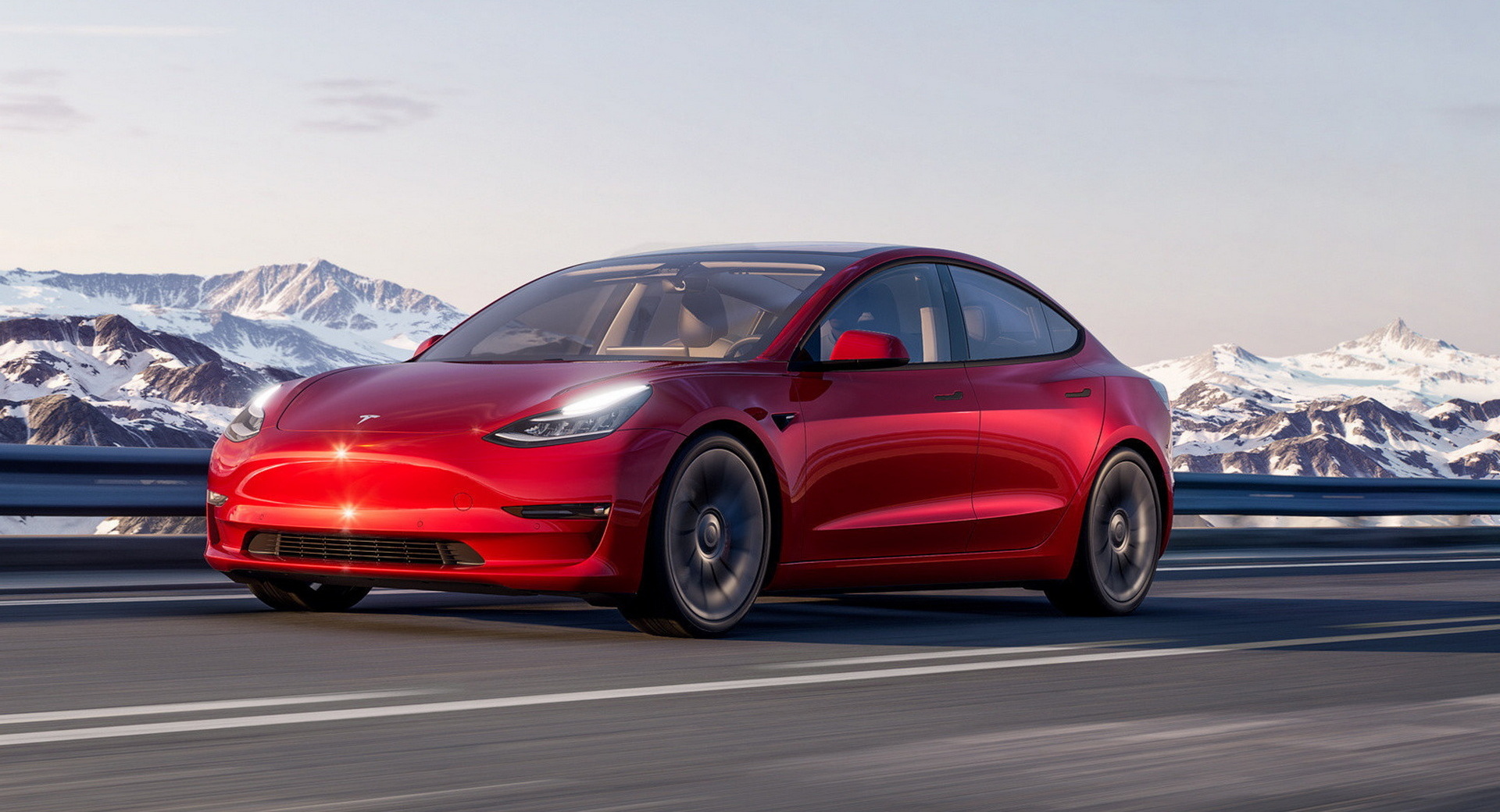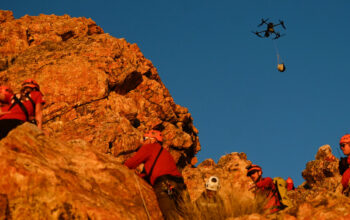
The National Highway Traffic Safety Administration’s Office of Defects Investigation has taken an official step in investigating Tesla for so-called “phantom braking” events by opening a preliminary evaluation into the issue.
The office is looking at an issue that could affect a population of around 416,000 vehicles, including 2021-2022 Tesla Model 3 and Model Y vehicles. The preliminary evaluation follows 354 consumer complaints that NHTSA has received over the last nine months related to the issue.
The complainants allege that while using advanced driver assistance features like adaptive cruise control, the vehicle unexpectedly applies the brakes when it is driving at highway speeds. They report that the braking events happen suddenly and, seemingly, for no reason. Worse still, they can happen many times in a single drive cycle even after a recent recall.
Read Also: Tesla Performs Over-The-Air Recall On Nearly 12,000 Vehicles
[embedded content]
The ODI’s report actually paints a more dire picture than the Washington Post did earlier this month when it reported that complaints of phantom braking have risen to more than 107 cases in the last three months. Customers report that the events are “hair raising” and make Tesla’s advanced driver assistance systems hard to trust. They are also dangerous since they often happen on the highway, where suddenly jumping on the brakes can catch following vehicles by surprise.
The investigation follows Tesla’s decision to remove the radar sensors from the Model 3 and Model Y. The systems now work with cameras alone despite the widely held belief in the industry that redundant systems like radar or LiDAR are a necessity for partially automated driving systems.
“Phantom braking is what happens when the developers do not set the decision threshold properly for deciding when something is there versus a false alarm,” Phil Koopman, a Carnegie Mellon University professor who focuses on autonomous vehicle safety told The Washington Post earlier this month. “What other companies do is they use multiple different sensors and they cross-check between them – not only multiple cameras but multiple types of sensors.”
The investigation is just the latest into Tesla’s driving systems in recent months; as a matter of fact, we’ve reported on four recalls of Tesla vehicles in the first 17 days of February alone.
[embedded content]



